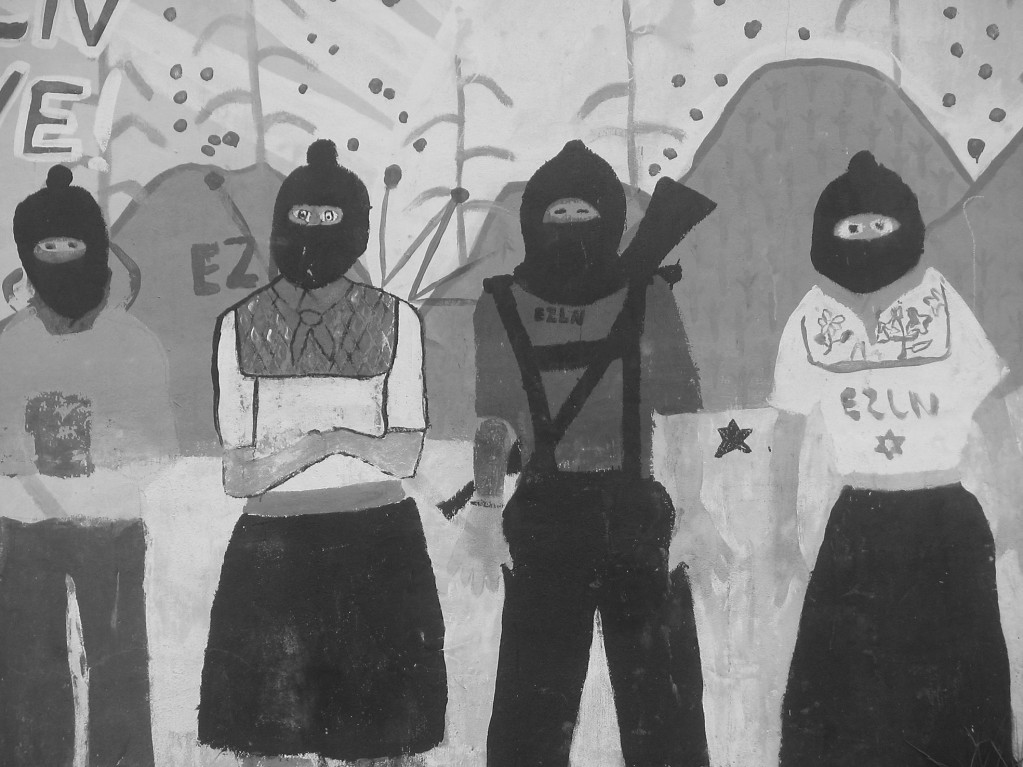Imagination and alternative paths
Photo: David Harvie, CC Attribution-Share Alike 2.0 Generic
We were at a crossroads, the end of an era. But people don’t jump blindly into the unknown, into uncharted territory, unless they have hope. We were unable to nourish their hope, perhaps blinded by the power of our ideas.
Hope is the very essence of popular movements. We took for granted that everybody would see with us the nakedness of the Emperor. We were thus unable to see that he is still clothed, because many people believe that they see the clothes constructed by politicians, intellectuals and the media.
We lacked practical examples of alternative paths and we lacked imagination.
Alternative paths. In 1996, at the end of the Intercontinental Encounter, the Zapatistas told us that to change the world is very difficult, perhaps impossible, but it is feasible to create a whole new world. We did not listen. We were postponing the creation of worlds – a world in which many worlds can be embraced. And we were thus unable to present real alternatives, illustrating what we think. Most people are no longer interested in another discourse, another critique; they need to see that other worlds are possible and necessary.
Imagination. Trapped for 100 years in the ideological dispute between capitalism and socialism, we stopped thinking. We were unable, ten years ago, to imagine the alternative. We were so concentrated on the critique of what is wrong in the world (the world we don’t want and is falling), that we were unable to imagine, live, and share with others the new world beyond it.
Gustavo Esteva is a deprofessionalised intellectual based in Oaxaca, Mexico. He is an advisor to the Zapatistas and founder of Universidad de la Tierra in Oaxaca
This article is part of the t-10 series from Issue 5 of Turbulence asking, ‘What were you wrong about 10 years ago?‘.



